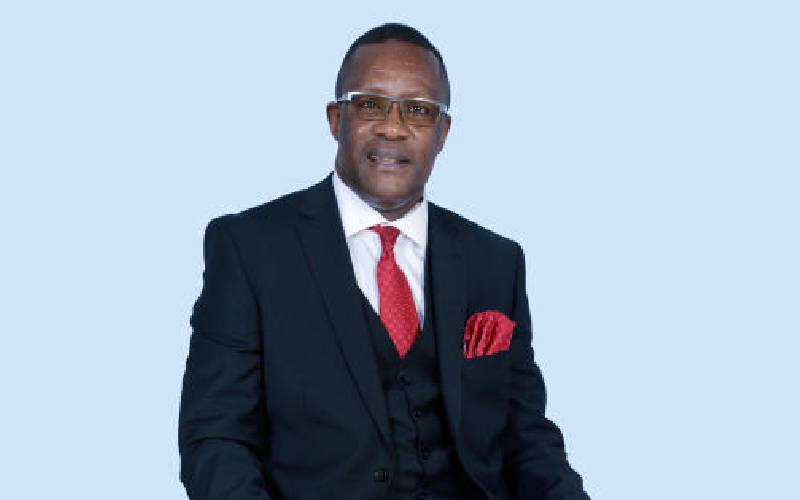×
The Standard e-Paper
Smart Minds Choose Us

To many Kenyans, the name Eliud Owalo may have sounded unfamiliar, and even surprising when it was listed as the nominee for ICT secretary in President William Ruto's Cabinet.
But for those who know him well, that is vintage Owalo, an astute, connected, and calculating figure who loves to operate under the radar and show his mettle behind the scenes.